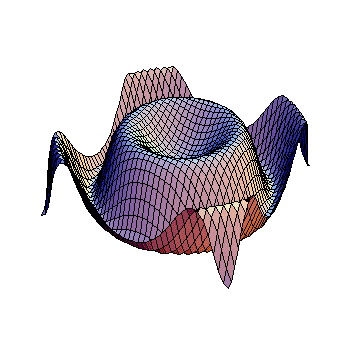We know that #f^2-49# is a difference of squares which can also be written as #(f-7)(f+7)#
#2f^3 - 10f^2# has two factors we can put in evidence, #2# and #f^2#, so we can rewrite it as #2f^2(f-5)#
#f^3 - 7f^2 + 7f - 49# is a bit more tricky, but you can get out by grouping by parts. To do this let's put #f^2# in evidence whenever we can, so we have #f^2(f - 7) + 7f - 49#
Now the two terms left have 7 as a common term, so we can put that in evidence and give us, #f^2(f-7) +7(f-7)#. Now we have #(f-7)# in both terms so we can put that in evidence, giving us the factored form: #(f^2+7)(f-7)#
#f^2 - 7f + 10# is a quadratic so we can just use normal factoring methods for that:
Since the #f^2# coefficient is 1 we know the factors will be of the form #(x+a)(x+b)#. Now, we know that #ab = 10#, and the two obvious names to come to mind are 2 and 5. We know that they must sum out to be the #f# coefficient times #-1# so 2 and 5 fit. So now we put it all together and cancel everything that shows up on both numerator and denominator
#((f-2)cancel((f-5)))/((f^2+7)cancel((f-7))) *(cancel((f-7))(f+7))/(2f^2(cancel(f-5))) = ((f-2)(f+7))/((f^2+7)(2f^2))#
Factoring functions like this can be a bit hard, specially for non-quadratics, but I've found that this is a good source..

